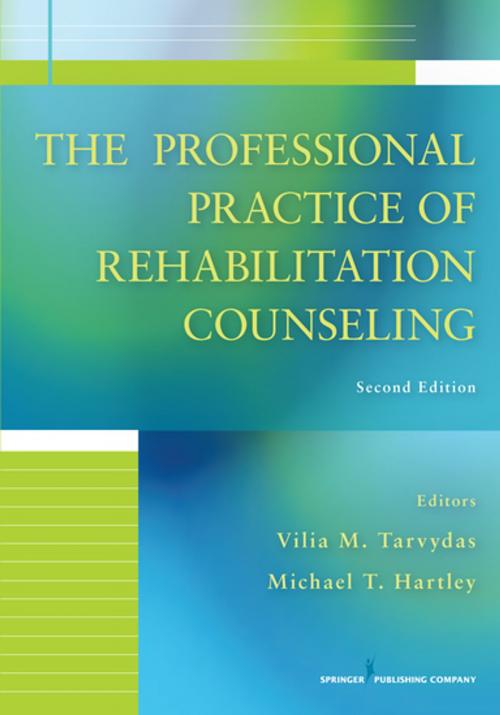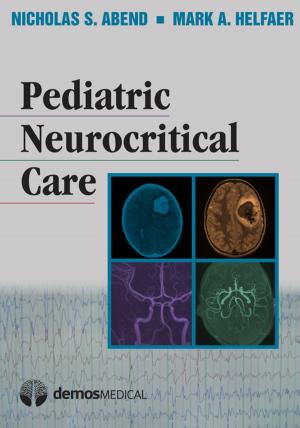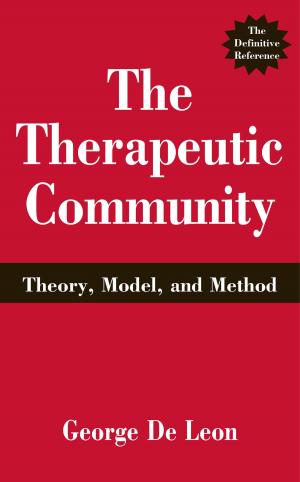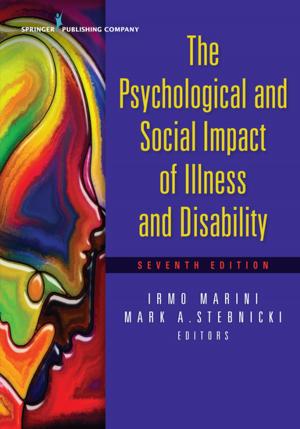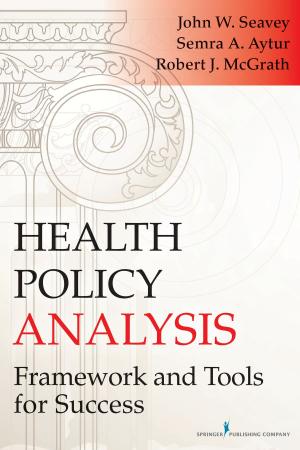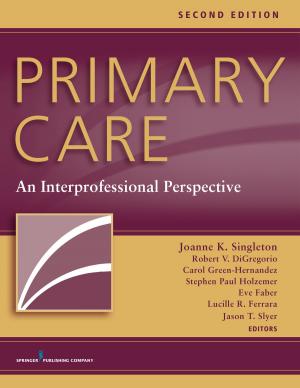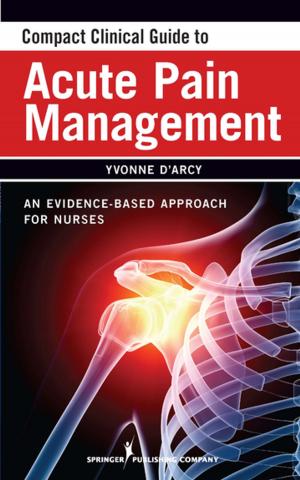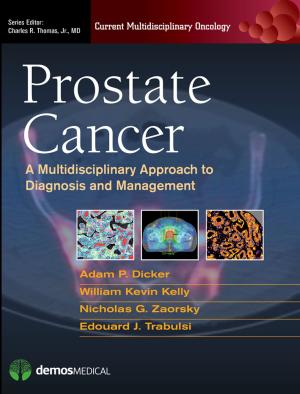The Professional Practice of Rehabilitation Counseling, Second Edition
Nonfiction, Social & Cultural Studies, Social Science, Disability, Health & Well Being, Psychology, Counselling| Author: | ISBN: | 9780826138934 | |
| Publisher: | Springer Publishing Company | Publication: | July 26, 2017 |
| Imprint: | Springer Publishing Company | Language: | English |
| Author: | |
| ISBN: | 9780826138934 |
| Publisher: | Springer Publishing Company |
| Publication: | July 26, 2017 |
| Imprint: | Springer Publishing Company |
| Language: | English |
Revised to reflect radical changes in the field and their impact on professional practice
Now updated and substantially revised to reflect the CORE/CACREP merger and fundamental changes in the field, this comprehensive graduate-level second edition textbook articulates the complementary relationship between rehabilitation and mental health counseling and how it impacts professional practice. New information is introduced to address the increasing diversity of current and emerging job titles, duties, and settings, as well as to reframe existing content to better prepare rehabilitation counselors for navigating a continually shifting health care system.
The second edition defines rehabilitation counseling as a specialty area of the broader counseling profession, and introduces psychiatric rehabilitation as a bridge to understanding the intersection of traditional rehabilitation and mental health counseling. It emphasizes recovery-based models and describes evidence-based research supporting the effectiveness of psychosocial interventions. Esteemed experts also address specific job functions related to assessment, credentialing, counseling, case management, advocacy, and career development. Four completely new chapters cover the fundamental concepts and models that underpin rehabilitation counseling, the evidence-based competencies that constitute rehabilitation counseling practice, and the specialized practices of forensic rehabilitation, and psychiatric rehabilitation.
New and Key Features
- Reflects the CORE/CACREP merger and its impact upon rehabilitation counseling
- Conceptualizes rehabilitation counseling and its complementary relationship to counseling
- Includes new chapters on fundamental elements of rehabilitation counseling practice and on specialized practice in forensic and psychiatric rehabilitation.
- Addresses changes to CRCC 2016 Code of Ethics
- Covers the infusion of technology into distance education and counseling
- Laces a global perspective throughout with an emphasis on the ICF model
- Reflects the reality of professional practice in the current job market
- Includes new activities to enhance learning
- Offers an Instructors Manual with test item bank, Power Point presentations, and learning activities on applying chapter content
- Provides a model syllabus for Introduction to Rehabilitation Counseling
Revised to reflect radical changes in the field and their impact on professional practice
Now updated and substantially revised to reflect the CORE/CACREP merger and fundamental changes in the field, this comprehensive graduate-level second edition textbook articulates the complementary relationship between rehabilitation and mental health counseling and how it impacts professional practice. New information is introduced to address the increasing diversity of current and emerging job titles, duties, and settings, as well as to reframe existing content to better prepare rehabilitation counselors for navigating a continually shifting health care system.
The second edition defines rehabilitation counseling as a specialty area of the broader counseling profession, and introduces psychiatric rehabilitation as a bridge to understanding the intersection of traditional rehabilitation and mental health counseling. It emphasizes recovery-based models and describes evidence-based research supporting the effectiveness of psychosocial interventions. Esteemed experts also address specific job functions related to assessment, credentialing, counseling, case management, advocacy, and career development. Four completely new chapters cover the fundamental concepts and models that underpin rehabilitation counseling, the evidence-based competencies that constitute rehabilitation counseling practice, and the specialized practices of forensic rehabilitation, and psychiatric rehabilitation.
New and Key Features
- Reflects the CORE/CACREP merger and its impact upon rehabilitation counseling
- Conceptualizes rehabilitation counseling and its complementary relationship to counseling
- Includes new chapters on fundamental elements of rehabilitation counseling practice and on specialized practice in forensic and psychiatric rehabilitation.
- Addresses changes to CRCC 2016 Code of Ethics
- Covers the infusion of technology into distance education and counseling
- Laces a global perspective throughout with an emphasis on the ICF model
- Reflects the reality of professional practice in the current job market
- Includes new activities to enhance learning
- Offers an Instructors Manual with test item bank, Power Point presentations, and learning activities on applying chapter content
- Provides a model syllabus for Introduction to Rehabilitation Counseling
